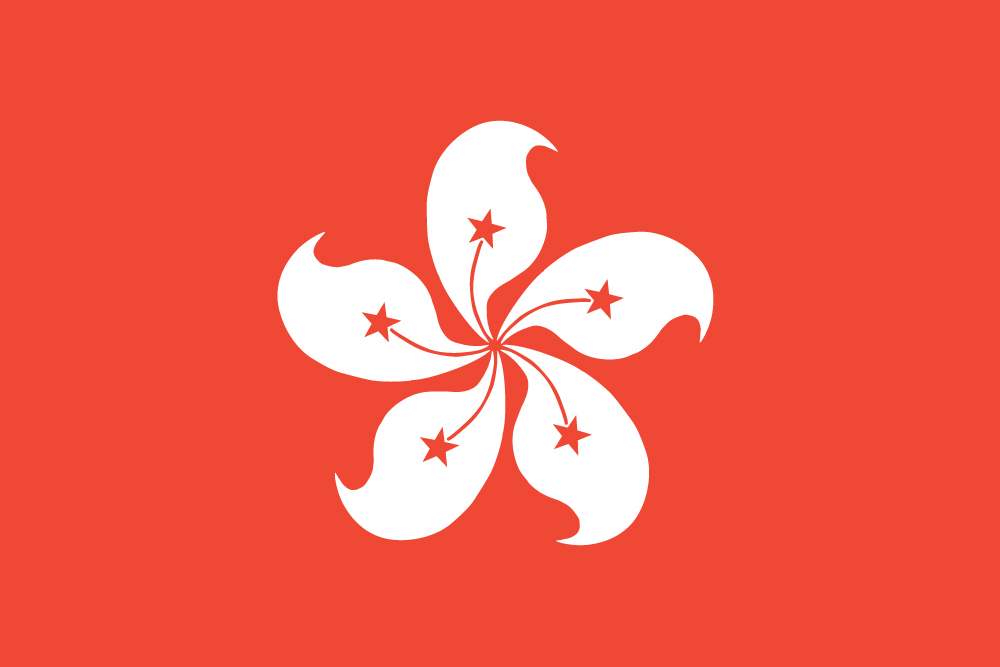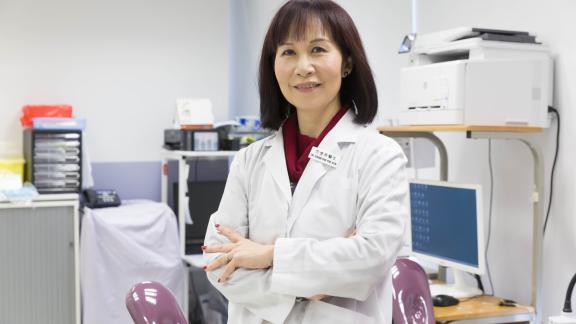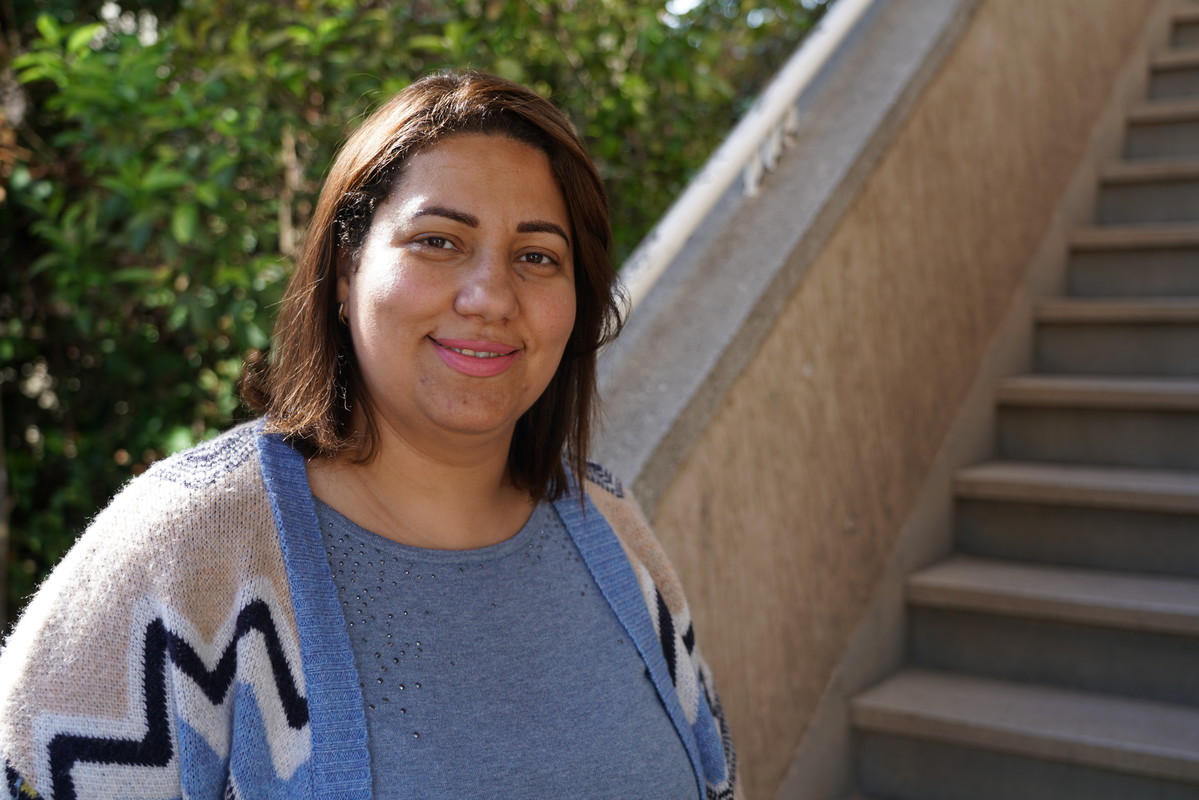An interview with Dr Susan Fan, Executive Director of Family Planning Association of Hong Kong, on the impact of COVID-19.
How has Hong Kong been affected by the coronavirus?
Hong Kong was one of the earlier cities affected by COVID-19. The first confirmed patient was diagnosed on 23 Jan 2020, and several more in the next few days. The Hong Kong SAR Government promptly announced that schools would remain closed after the Chinese New Year holidays ended on 27 January, and civil servants would work from home. Business companies followed suit.
As the news spread, citizens started putting on surgical masks and stepping up hygiene. In the ensuing weeks, quarantine measures were introduced, tourists stopped coming, and public activities were postponed or cancelled. There was some panic-buying of sanitary supplies and daily consumables. Hospitals geared up and stocked personal protective equipment (PPE) in anticipation of rapidly increasing numbers of patients. Throughout the months of February and March, the city remained vigilant, and with all these efforts from different sectors I would say that our numbers have been so far been manageable. However, the socioeconomic toll has been significant. Businesses are grinding to a halt, employees are losing jobs, public examinations are affected. Many people are mired in anxiety and gloom, especially as the pandemic seems to be spiralling out of control in overseas countries.

What impact is it having when it comes to sexual and reproductive health and rights (SRHR)?
SRHR is probably not the top concern at this moment for most people. There has been a drop in our Member Association’s clinic attendances, as citizens were advised to stay home. However, one area of our service did see an increased demand, and that is our abortion service. Public hospitals were cutting non-essential admissions in preparation for influx of COVID patients, so women and girls with unplanned pregnancy found themselves with fewer options. Our abortion service is now fully booked and there is a waiting time of almost two weeks. We hope that we can serve all who need this service, but the demand is stretching our manpower and resources.
What services have been the worst hit so far?
As schools remain closed, our Member Association’s sexuality education programs have been forced to stop. In the community, our Women’s Clubs activities also ceased. Our clinic and youth health care centres shortened their opening hours in February, but are now back to normal operation.
Are frontline staff still able to go into the community?
In compliance with the Government’s plea for reduced travel and social contact, our Member Association initially arranged for staff to work from home or, in the case of clinical staff, simply to standby at home. By March, since the situation in Hong Kong seemed to be under control, civil servants resumed normal work and our staff did so likewise. However, those with possible close contact with persons who may be infected were advised to take leave and self-quarantine at home. Schools still remain closed.
What are you doing to keep providing services to people in Hong Kong?
Our clinical services have resumed normal since the beginning of March until the present (20 March). We stepped up infection control measures in all our venues and service outlets. We are putting up educational videos on our website for the public to access. Unless there is another wave of infections from people returning from overseas, or a shortage of PPE, we hope to maintain our sexual and reproductive health services to serve our community during these challenging times.
What message do you have for people/your staff in Hong Kong when it comes to SRHR and coronavirus?
To remain vigilant on personal hygiene, practice social distancing, but stay calm. We will pull through together, and emerge from this pandemic with greater appreciation for the importance of both public and personal health.
when
country
Hong Kong
Related Member Association
Family Planning Association of Hong Kong









